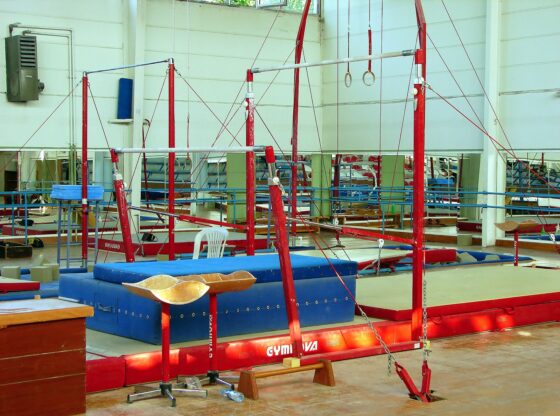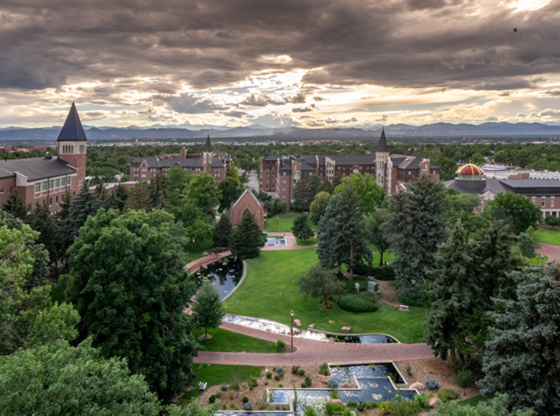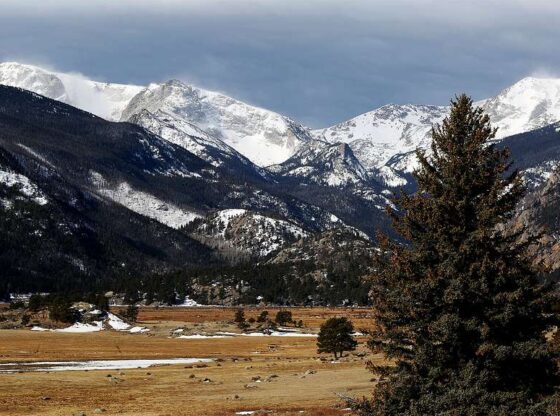The electoral college process should not be used in U.S. presidential elections. The process is flawed in practice. First, the Electoral College does not represent everyone equally. Second, the winner of the popular vote can still lose the presidency. Third, the electors can decide to vote for a candidate that their state did not pick. Those who back the electoral college process argue that the rural areas will not be adequately represented in a popular vote. A closer look shows that they are wrong. The Electoral College argument is a clash between equality and rural representation.
An electoral college process does not allow fair representation of every individual. An Electoral College creates a system in which each voter’s ballot is not treated equally. In the 2012 presidential election a Wyoming voter, when weighed as a part of the Electoral College, was worth 2.87 California voters. One may think this is bad enough, but based on the current system, a Texan’s vote is worth less than one-fourth of a Wyoming voter. In this way, the Electoral College is almost a one-fourth compromise of the fair electoral system it claims to be. In a country where “all men are created equal” one would think that every vote would be equal. The Electoral College enforces a system of swing states and safe states which reduces the value of many votes to virtually zero. Safe states like Maryland and Texas are states that historically side with one party no matter the year. “Therefore, a Republican’s vote in Maryland really doesn’t matter and a Democrat’s vote in Texas is worthless,” according to the Huffington Post. On the other hand, votes from swing states like Florida are “marginally more significant than the vote of an individual in a safe state.”
The Electoral College creates a system where the individual chosen may not win. In the history of the U.S., five elected presidents have lost the popular vote. In a country that prides itself on having a “government of the people, by the people, for the people,” it is strange that the people do not always decide their leader. In 2016, Hillary Clinton won the popular vote by more than one million votes, yet still lost the election on electoral votes. Even the one who benefited from this wacky system, President Donald Trump, saw its flaws, saying, “I would rather see it where you went with simple votes. You know, you get 100 million votes and somebody else gets 90 million votes and you win.”
The Electoral College permits a group of party elites to choose the president. The electors are handpicked by the party that won the state and are supposed to vote for the candidate that the people chose. This, however, has shown to be untrue. Throughout the history of the U.S., there have been 157 faithless electors. Since only 280 electors are needed to win the presidency, 157 “faithless” electors can have a huge impact. This sweet land of liberty is starting to seem more like a harsh wasteland of oligarchy.
Those who support the electoral college believe that it helps represent rural America in a way that the popular vote cannot. They claim that without the Electoral College, candidates would spend all their time campaigning in big cities and not rural areas. In reality, however, the Electoral College does not increase campaigning in rural areas. According to Time, during the 2016 elections, “none of the four candidates ever went to 27 states, which includes almost all of rural America.” Supporters argue that without the college the presidency would be decided solely by big cities. This, however, comes at the price of equality. Every person deserves to have a vote that matters, and no one deserves to be worth more than anyone else. A popular vote to decide the election would give the U.S. a president that the majority of people want. The rural areas across every state would be united in a popular vote which would mean that they would have just as much of a voice as they would have in the Electoral College.
The Electoral College creates some representation for rural areas, but it destroys voter equality. First, it creates a system where some votes are worth more than others. Second, the candidate that the people want can still lose. Last, it lets bias electors ignore the people’s choice in favor of their own. The Electoral College process creates a system of inequality that suppresses the views of many Americans. If I only get one-fourth of a vote, am I only one-fourth of a man?











